Top 10 Largest Agriculture Companies in the World 2025
By ICON TEAM | Published on Jul 28, 2025
List Of Top 10 Largest Agriculture Companies in the World 2025:
By supplying food, feed, and fiber to a population that is predicted to expand to 9 billion people by 2050, the global agriculture sector continues to be essential to human life. By 2025, the industry is still changing due to technology breakthroughs, sustainability, and innovation. Leading agricultural businesses are at the vanguard, using innovative solutions to solve issues like resource scarcity, food security, and climate change. The top 10 biggest agricultural corporations in the world for 2025 are examined in detail below, arranged according to their revenue, market share, and contributions to global agriculture.
1. FMC Corporation:
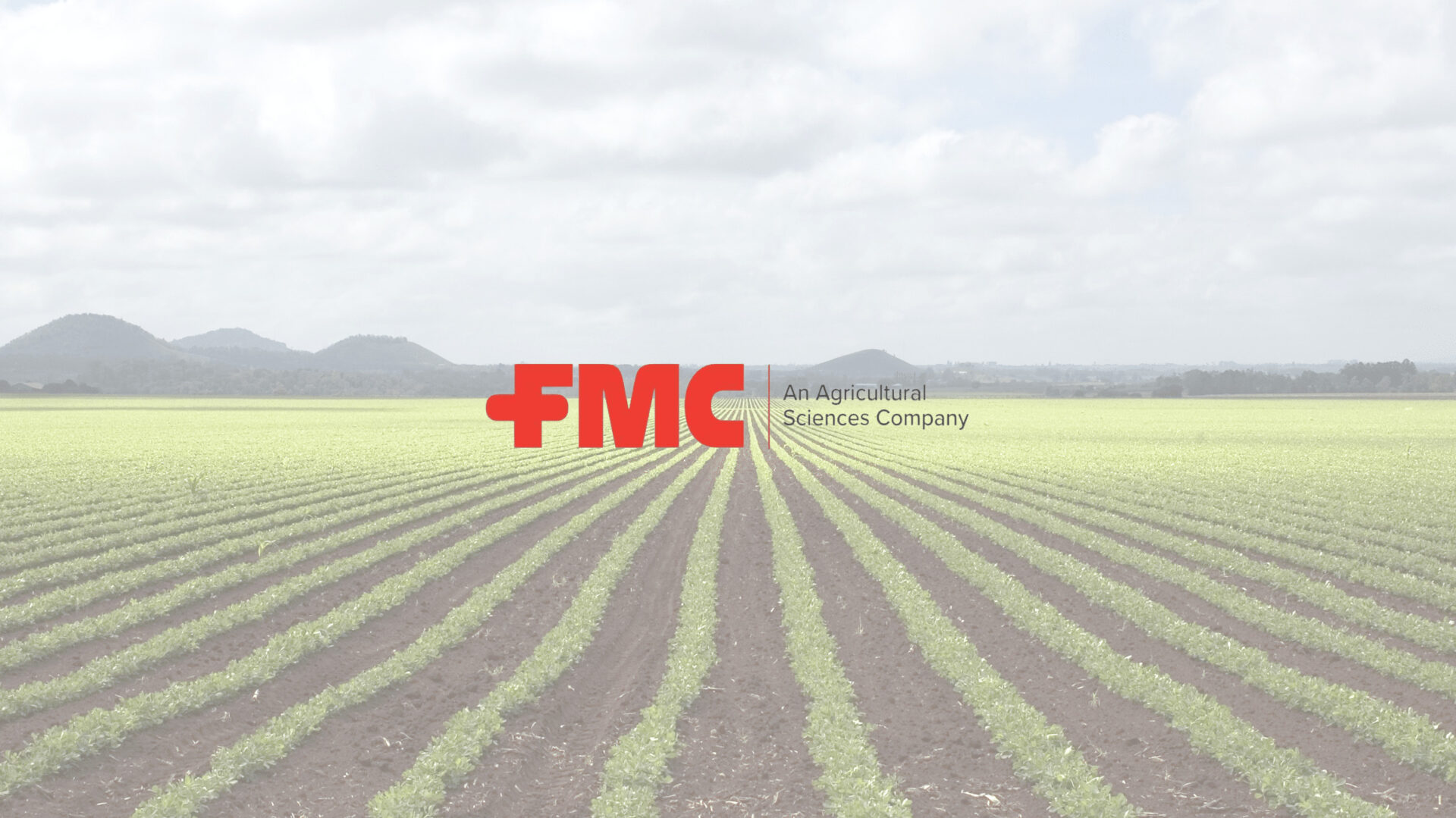
With its headquarters located in Philadelphia, Pennsylvania, FMC Corporation is a leading worldwide agricultural company that specializes in cutting-edge crop protection products. FMC was established in 1883 as a pump maker and has since grown into a major force in agricultural sciences, with a concentration on digital agriculture, biologicals, and pesticides. The company's strong market success in 2023 was demonstrated by its $4.4 billion in revenues and $1.3 billion in net profit. Herbicides, insecticides, fungicides, and at-plant technologies are all part of FMC's portfolio, which aims to increase agricultural yields while advancing sustainability. The company is positioned as a pioneer in environmentally friendly solutions because of its focus on biologicals and precision agriculture, including digital tools for improved farming. With operations on several continents and almost 7,000 employees, FMC keeps pushing agricultural innovation and assisting farmers in effectively meeting the world's food needs.
2. John Deere:
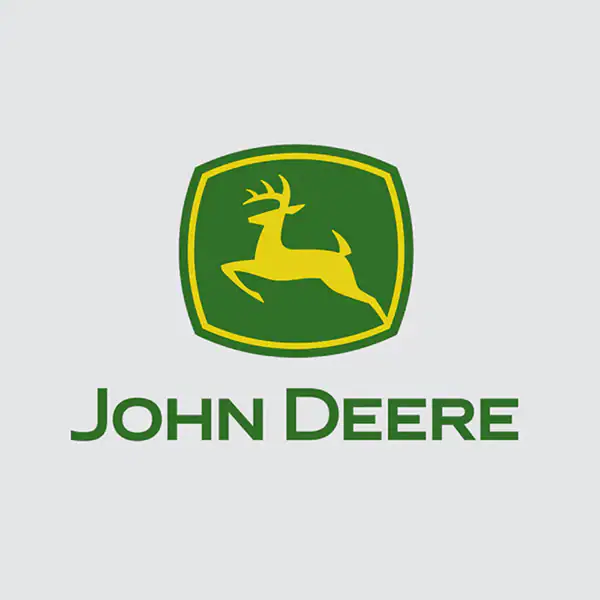
Based in Moline, Illinois, Deere & Company, also known as John Deere, is a well-known American brand that is best recognized for its agricultural equipment. John Deere was founded in 1837 and has since expanded from making plows to providing cutting-edge machinery like tractors, combine harvesters, and autonomous technology. With revenues of almost $51.18 billion in 2023, the corporation demonstrated its dominance in the industry. John Deere demonstrated its 5ML Orchard Tractor with Lidar sensors and its Autonomous 9RX Tractor for large-scale tillage at CES 2025. Both devices are connected to the John Deere Operations Center Mobile cloud platform for real-time data management. These developments improve agricultural productivity and alleviate the manpower deficit. John Deere, which employs about 74,412 people worldwide, is a leader in agricultural mechanization thanks to its dedication to sustainability, which includes its Nutrient Stewardship program.
3. Nutrien Ltd.:
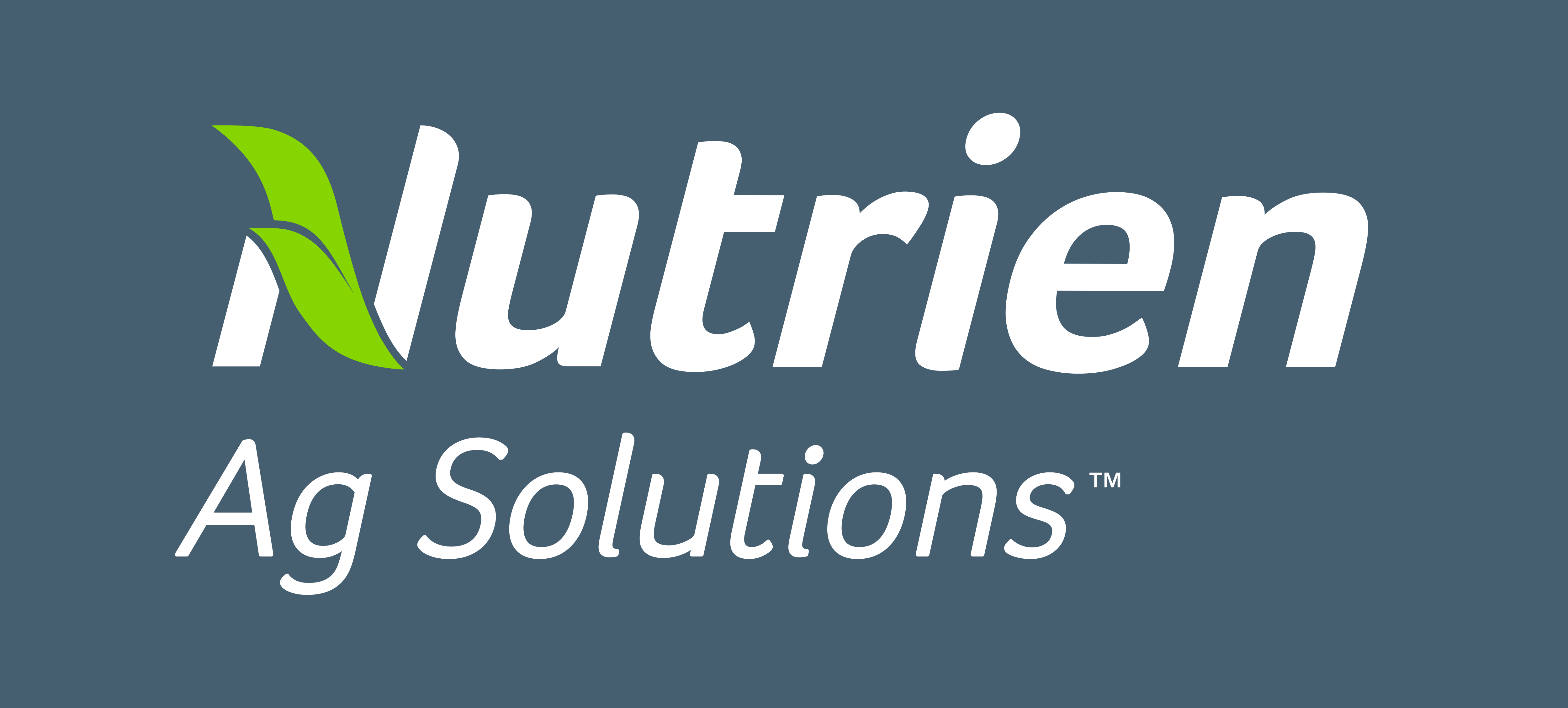
The largest supplier of crop inputs and services worldwide, Nutrien is based in Saskatoon, Canada, and specializes in fertilizers such as phosphate, nitrogen, and potash. Nutrien, which was created in 2018 by the merging of PotashCorp and Agrium, reported $29 billion in sales and $1.2 billion in net profit in 2023. The company provides science-based crop management solutions and critical fertilizers in more than 50 countries. The accomplishment of freshwater reduction goals and collaborations such as the one with Greenwood Farms to advance sustainable practices are highlighted in Nutrien's 2024 Sustainability Report, which was released in 2025. Nutrien, a major player in global food security, competes with businesses like Yara International and The Mosaic Company and employs about 20,000 people in a network of 1,700 distribution locations.
4. PI Industries Ltd.:
In 2025, PI Industries Ltd., a prominent agrochemical and custom synthesis firm with its headquarters in India, will have made major progress in the worldwide agriculture sector. The company was established in 1946 and focuses on creating and producing agrochemicals, such as herbicides, fungicides, and insecticides, that are suited to local farming requirements. PI Industries has become well-known for its cutting-edge crop protection products and potent R&D skills. The company's market presence, especially in Asia, has been strengthened by its emphasis on sustainable farming and alliances with international agribusinesses. By helping farmers increase yields and resilience against pests and diseases, PI Industries contributes to food security in areas with high population density. The company is dedicated to tackling local agricultural concerns.
5. Sound Agriculture:
A emerging star in the agritech industry, Sound Agriculture is a California-based business that focuses on regenerative and sustainable agricultural methods. Sound Agriculture, well-known for its microbe-based solution SOURCETM, maximizes crop nutrient uptake while lowering dependency on synthetic fertilizers. The company's in-house solutions improve crop productivity and soil health, meeting the growing need for environmentally friendly farming practices. Although precise revenue projections for 2025 are still under wraps, both investors and farmers have taken notice of Sound Agriculture's creative strategy for maximizing the potential of plants and soil. Sound Agriculture is revolutionizing contemporary agriculture by emphasizing sustainable techniques and biological solutions, positioning it as a major force in tackling environmental issues and satisfying the world's food needs.
6. Bayer CropScience Ltd.:
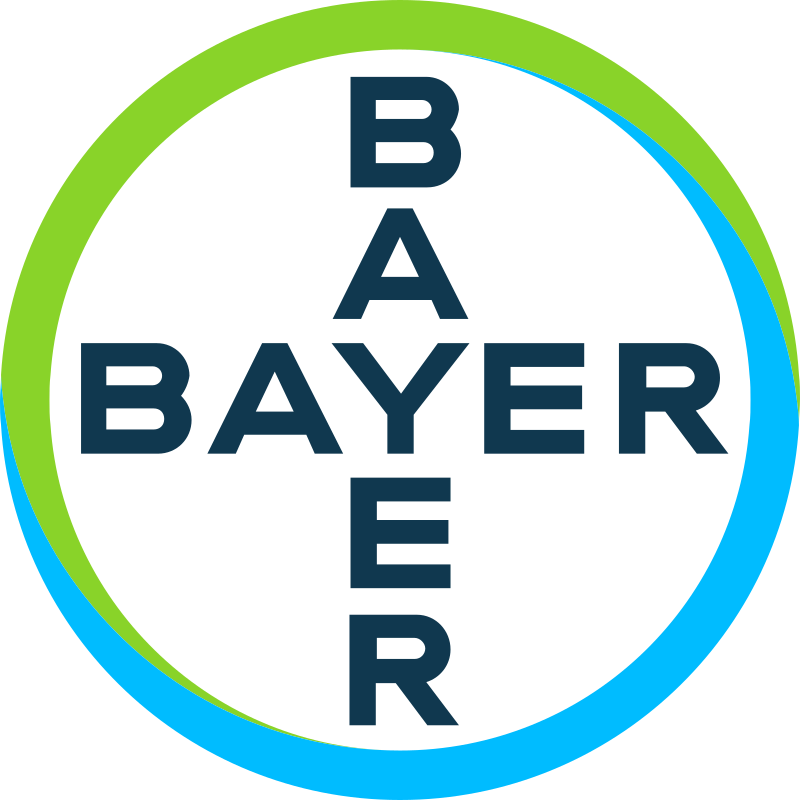
With its headquarters located in Leverkusen, Germany, Bayer CropScience is a part of Bayer AG and a world leader in digital farming, seeds, and crop protection. Established in 1863, Bayer AG strengthened its stronghold in genetically modified crops and pesticides in 2018 when it paid $63 billion to purchase Monsanto. With sales of almost $51.18 billion in 2023, Bayer's Crop Science division was at the forefront of innovations in insecticides, fungicides, herbicides, and enhanced seed varieties. While Bayer's research network, which includes more than 35 facilities and 175 breeding stations, propels innovation in precision agriculture, the company's Climate FieldView platform incorporates data analytics to optimize agricultural decisions. With 99,637 employees, Bayer's emphasis on sustainable solutions and integrated pest control guarantees its vital position in world agriculture.
7. Syngenta:
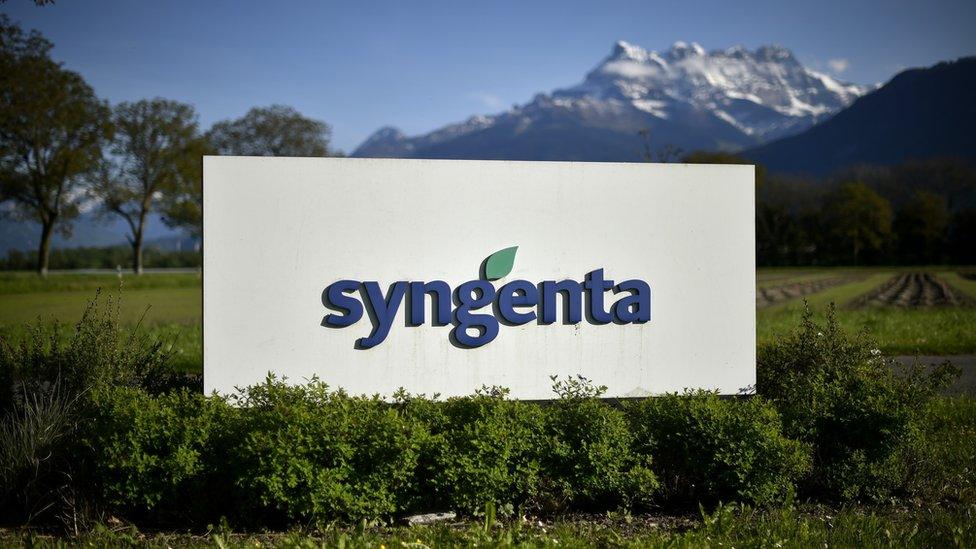
Zeneca Agrochemicals and Novartis Agribusiness merged to establish Syngenta, a global leader in crop protection and seed technology with its headquarters located in Basel, Switzerland, in 2000. Syngenta, which was purchased by ChemChina in 2017, reported $23 billion in 2020 sales and is still the world leader in pesticides as of 2025. Its product line includes a variety of maize, soybean, and vegetable seeds as well as fungicides like Amistar and herbicides like Gramoxone. Syngenta's significant R&D expenditures—$1.3 billion in 2020—help the company create cutting-edge crop protection products. With 33,000 employees and operations in more than 90 countries, Syngenta's emphasis on precision farming technologies and sustainable agriculture confirms its standing as a leading agricultural corporation.
8. UPL:
The multinational agrochemical corporation UPL, with its headquarters located in Mumbai, India, is well-known for its wide range of crop protection chemicals, which include fungicides, insecticides, and herbicides. With operations in more than 130 nations, UPL is a key participant in global agriculture because to its farmer-centric philosophy and sustainable business methods. Food security is improved by the company's advances in biological solutions and seed treatments, which meet a variety of regional needs. Although UPL's revenue projections for 2025 are not made clear, its steady growth and well-timed acquisitions have improved its standing in the industry. UPL addresses pest and disease issues and encourages environmental stewardship by combining chemical and biological techniques to assist farmers boost yields in a sustainable manner.
9. BASF:
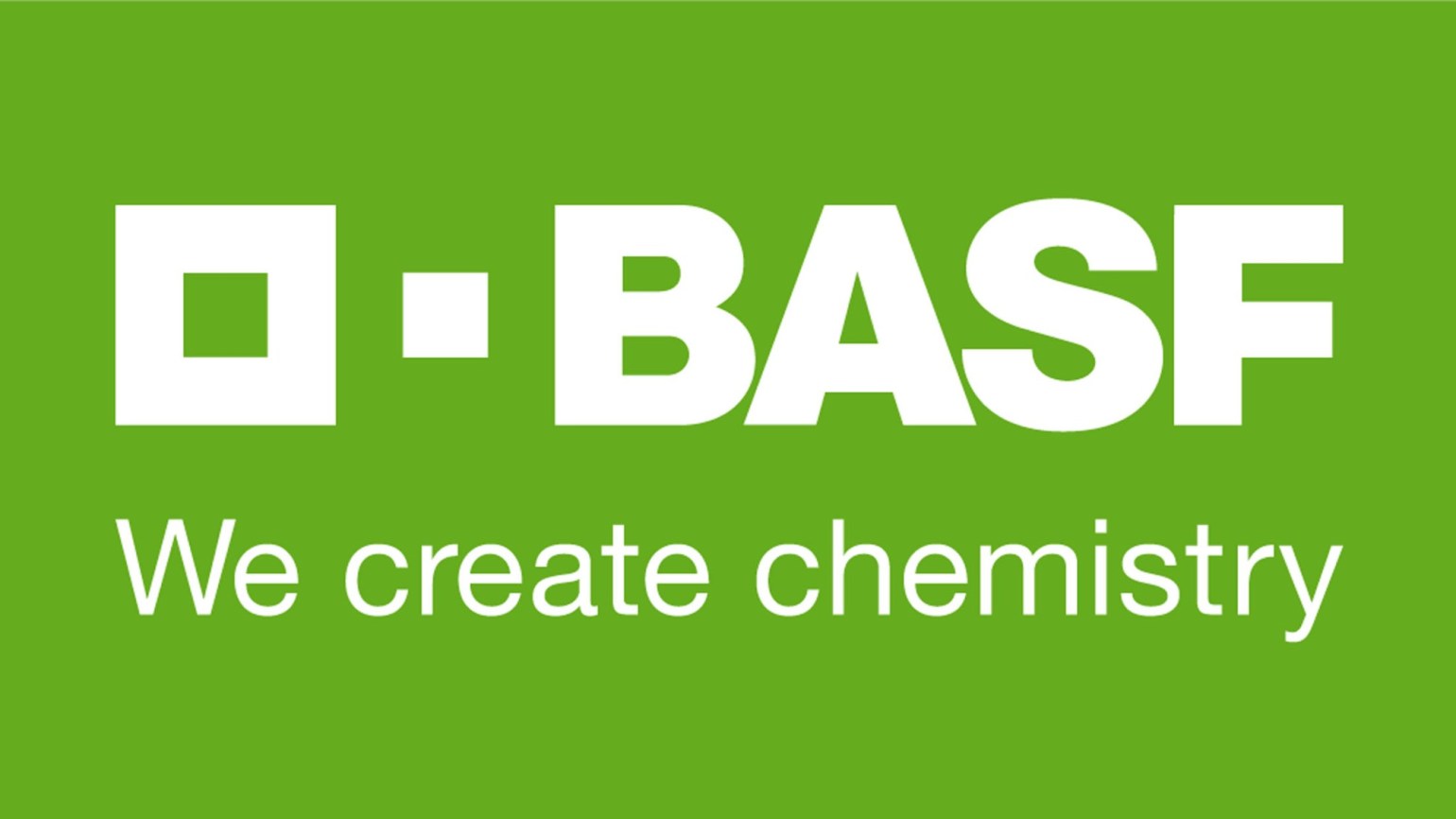
With its headquarters in Ludwigshafen, Germany, BASF is the biggest chemical manufacturer in the world. Its Agricultural Solutions division is the industry leader in fungicides, insecticides, herbicides, and seed treatments. With $92.938 million in revenue in 2021, BASF demonstrated its considerable sway over the agriculture industry. The company's dedication to sustainable agriculture is demonstrated by its investments in biological solutions and digital farming equipment. Thorough product testing under actual farming settings is made possible by BASF's research centers, such as its crop protection technology center at Limburgerhof. With operations in more than 80 countries and 117,628 employees worldwide, BASF is a key player in the industry in 2025 because to its creative formulations and commitment to solving changing agricultural challenges.
10. AGCO Corporation:

With its main office in Duluth, Georgia, AGCO Corporation is a well-known producer of tractors, combines, and other agricultural tools under the Fendt, Massey Ferguson, Valtra, and Challenger brands. Due to its incorporation of telemetry and the Internet of Things into its machinery, AGCO held a 7%–9% market share in the global agritech industry in 2023. By acquiring JCA Industries in 2022, the business improved its autonomous software capabilities and increased agricultural productivity. AGCO is positioned as a major player in 2025 thanks to its emphasis on sustainability and precision agriculture, as well as its presence in more than 190 countries and 19 production facilities. AGCO is managing labor shortages and environmental concerns while continuing to innovate, as seen by its $1.72 billion in revenue during a single week in July 2025.
Comments 0